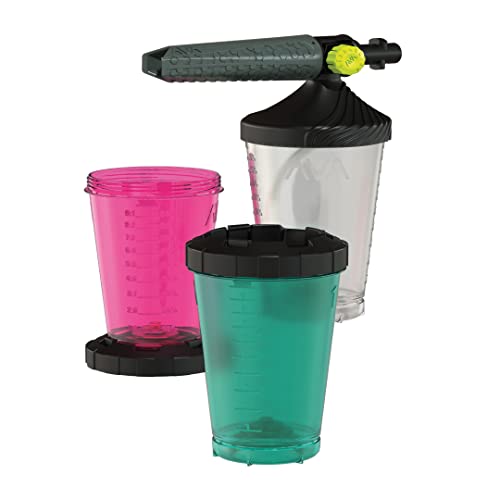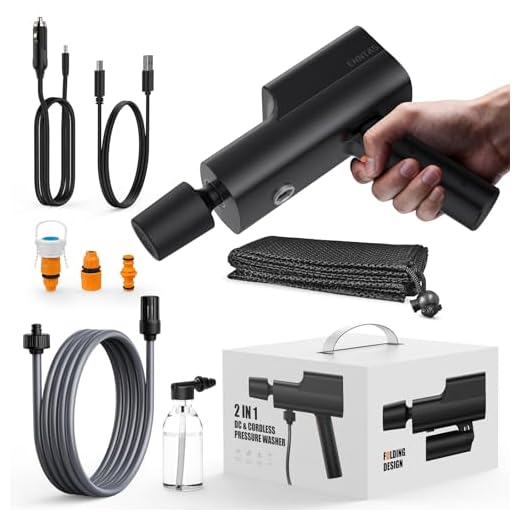



Using a snow foam product is certainly possible without relying on a pressure washing unit. An alternative approach involves adopting a dedicated foaming sprayer designed for such cleaning agents. This method allows for an even distribution across surfaces, creating a thick lather to encapsulate dirt and grime effectively.
For optimal results, select a foaming applicator that offers adjustable nozzle settings. This enables one to customize the foam thickness and coverage area. When preparing the solution, adhere strictly to the recommended dilution rates provided by the manufacturer to ensure maximum cleaning efficacy without harming surfaces.
The application process involves applying the foaming solution from the bottom to the top of the vehicle or surface, allowing the cleaning agent to cling and do its work. Keeping the foam in contact with the surface for several minutes enhances its ability to break down stubborn contaminants. Rinsing afterwards may require a strong water source, such as a garden hose, to remove all residues thoroughly.
Understanding Snow Foam and Its Purpose
Mixing a thick cleaning solution with water greatly enhances the car washing experience. This blend adheres to dirt and grime, allowing for more effective removal, thus reducing the risk of scratches during the wash process.
Cleaning Properties
The composition includes surfactants, which create a rich lather. This lather encapsulates contaminants, making them easier to rinse away. The pH-neutral formulas are safe for various surface materials, including paintwork and plastics, ensuring that the finish remains untouched while providing thorough cleansing.
Application Techniques
Applying this cleansing mixture effectively can be achieved through several methods. Using a foam lance connected to a high-pressure machine is efficient, but alternatives exist. Foam can also be applied manually with a spray bottle, although this method may require more effort to create the desired thickness. Ensuring the vehicle is cool and in the shade will help prevent premature drying, which is critical for optimal results.
Methods of Applying Snow Foam Manually
For a thorough cleansing without the use of a high-powered cleaning unit, various techniques can be employed for applying this thick cleaning solution. One effective method is using a simple hand pump sprayer. Fill the sprayer with the pre-mixed cleaning solution and ensure to adjust the nozzle for a fine mist. Apply it generously across the vehicle’s surface, allowing time for it to break down grime.
An alternative is to utilise a bucket and sponge approach. Mix the cleaning product in a bucket with water, creating a thick lather. Use a soft sponge or wash mitt to apply the mixture onto the car, working from the top down to prevent streaks. This ensures even coverage and effective cleaning.
Another option involves using a foam cannon attachment compatible with a garden hose. These attachments create a foamy spray that clings to the surface, allowing for prolonged cleaning. Simply connect it to your garden hose, fill with the solution, and spray evenly over the vehicle.
With each method, it is crucial to allow the foam to dwell for several minutes before rinsing. This dwell time maximises grime removal, enhancing the washing effect significantly. Always ensure to rinse with clean water thoroughly to avoid any residue.
Choosing the Right Foam for Manual Application
For effective cleaning without a motorised device, selecting the appropriate product is crucial. Opt for a concentrated formulation that is designed for hand application. These variants often consist of thicker viscosity and enhanced adherence properties, ensuring that the cleaning agent clings to surfaces longer, allowing for deeper penetration of grime and dirt.
Key Characteristics to Consider
| Characteristic | Description |
|---|---|
| Thickness | A denser mixture increases dwell time, giving it a chance to break down contaminants efficiently. |
| pH Level | Choose a neutral or slightly alkaline formula to protect your paintwork and surfaces. |
| Biodegradability | Look for environmentally friendly options that won’t harm plants or wildlife during rinsing. |
| Application Method | Ensure compatibility with your chosen manual application tool, like a spray bottle or garden sprayer. |
Application Tips
Mix the solution according to the manufacturer’s guidelines to achieve optimum results. Thicker applications work well on vertical surfaces or heavily soiled areas, while a lighter mix can be effective for general purposes. Consider pre-soaking particularly stubborn areas to maximise cleaning efficacy. Always rinse thoroughly to avoid residue, which could lead to streaking or damage.
Tools Required for Applying Snow Foam without a Pressure Washer
For a successful application of a thick layer of cleansing solution, certain tools are paramount. A high-quality garden sprayer is indispensable. Opt for a model with a robust nozzle that can create a fine mist, facilitating an even distribution of the product.
Garden Sprayer
Select a sprayer with adjustable pressure settings to achieve the desired foam thickness. Ensure it has a wide mouth for easy filling and cleaning. Models with a comfortable grip will enhance user experience during the application process. Look for one with a good capacity to minimise refilling interruptions.
Foam Lance Alternative
An alternative option is a dedicated foam lance, which can be adapted for use with garden hoses. This requires a connector that matches your hose fitting. Foam lances provide a superior distribution of the cleaning agent, but the key is to ensure the water pressure from the hose is adequate to create a thick layer of bubbles.
Complement these tools with a soft wash mitt or sponge for manual agitation, ensuring grime is effectively lifted after the foam has dwelled. Regular brushes may scratch sensitive surfaces, so proceed with caution for optimal results.
Finally, having a rinsing bucket on hand is advised. This facilitates the removal of remaining residue, ensuring surfaces are left spotless after application. Following these guidelines ensures that cleaning remains effective and efficient, even without traditional equipment.
Step-by-Step Guide to Manual Snow Foam Application
Firstly, gather all necessary materials–preparation is key for a successful cleaning session. A bucket, manual applicator (like a spray nozzle or sponge), a dedicated high-quality cleansing solution, and water are essential. Check the labels for compatibility with the surfactants you intend to use.
1. Prepare Your Surfaces
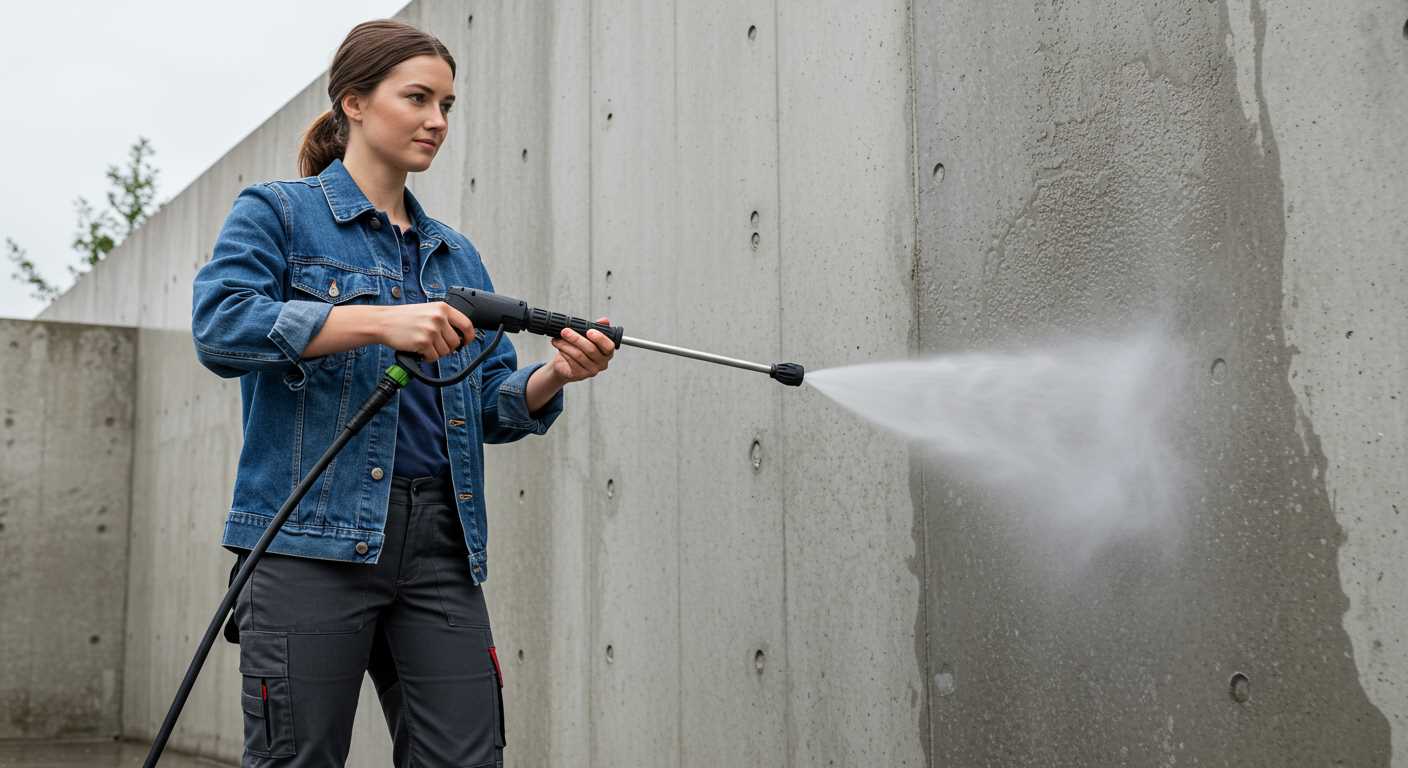
Ensure surfaces are free from loose debris. A quick rinse with water will help remove dirt and larger particles, preventing scratches during the foam application. Pay special attention to areas prone to grime accumulation like wheel arches and undercarriages.
2. Mix the Cleanser
Follow the manufacturer’s instructions for mixing the cleansing solution with water in the bucket. Use the appropriate dilution ratio to achieve optimal foam consistency–generally, thicker foam adheres better to surfaces, providing more effective cleaning.
After mixing, test the foam consistency. It should hold its shape yet be easy to apply. If it’s too watery, add more product; if too thick, adjust with water.
3. Application Process
Utilise your chosen applicator for distributing the mixture evenly over the surface. Start at the top and work your way down to prevent drips. For a spray nozzle, maintain a distance of around 30-40 cm from the surface for even coverage. Ensure that you apply a sufficient layer to trap dirt and grime.
If utilising a sponge, dip it in the solution and apply in circular motions. Be deliberate but gentle to avoid scratches, ensuring all areas, including tough spots like grills and emblems, receive attention.
4. Allow the Foam to Sit
Let the product dwell on the surface for a suitable time–typically around 10 minutes. This waiting period allows the formulation to break down contaminants effectively. Avoid letting it dry out, as this can lead to streaking or a harder clean-up.
5. Rinse Thoroughly
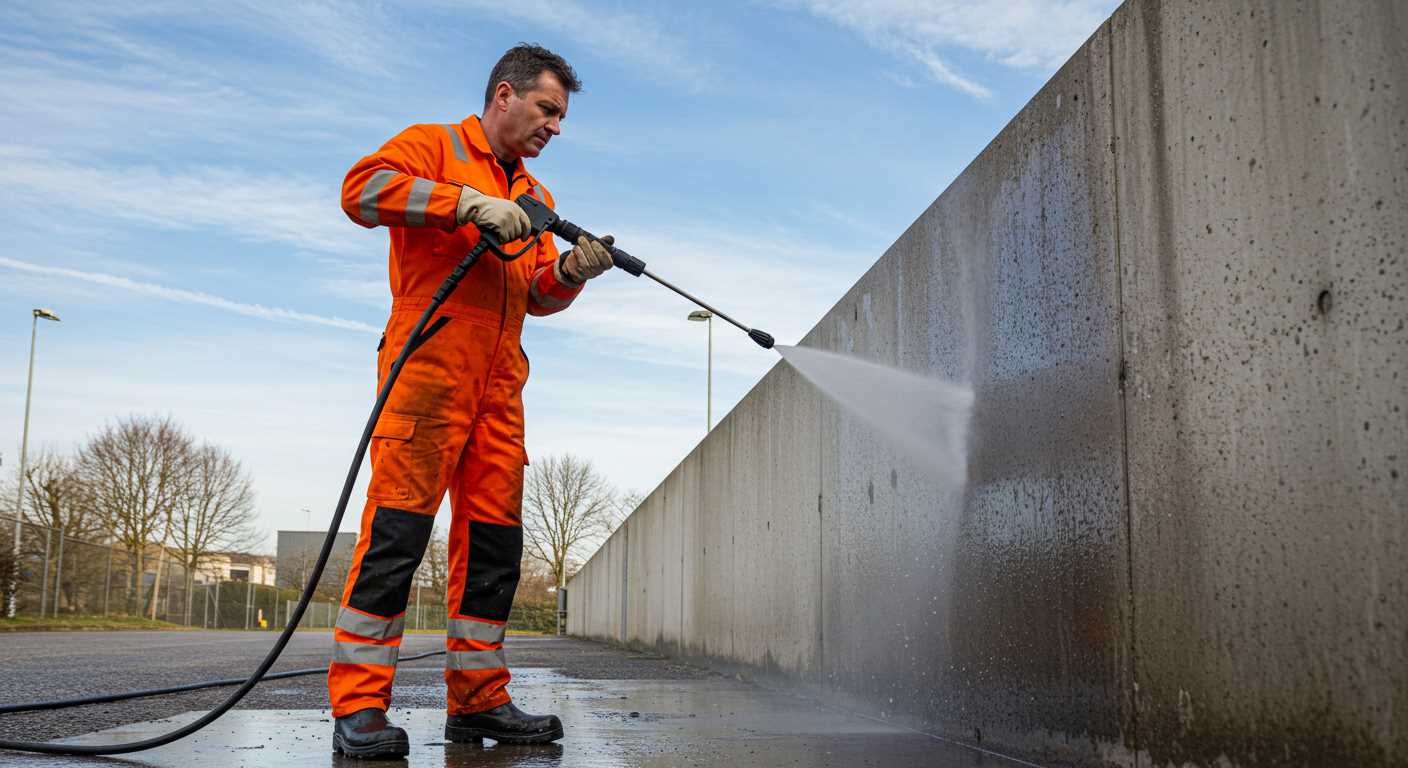
Finally, use clean water to rinse off the solution. A gentle yet thorough rinse will ensure you remove any residues left behind. For best results, start from the top again and work downwards, making sure all parts are free from product.
After completing these steps, surfaces should appear significantly cleaner, ready for any additional detailing or protection. Regularly repeating this process will maintain a pristine finish over time.
Advantages and Disadvantages of Manual Foam Application
Considering manual application offers both benefits and drawbacks, making the choice contingent on specific situations and preferences.
Advantages
- Accessibility: Manual techniques grant access to areas where a device may not fit, ensuring thorough coverage even in tight spaces.
- Cost-Effective: Tools required for hand application are generally less expensive than high-powered units, making it a budget-friendly option for enthusiasts.
- Control: Greater control over distribution allows for precise targeting of stubborn spots, enhancing cleaning outcomes in critical areas.
- Ease of Use: Requires minimal setup, which can be advantageous for quick tasks or smaller vehicle cleaning needs.
Disadvantages
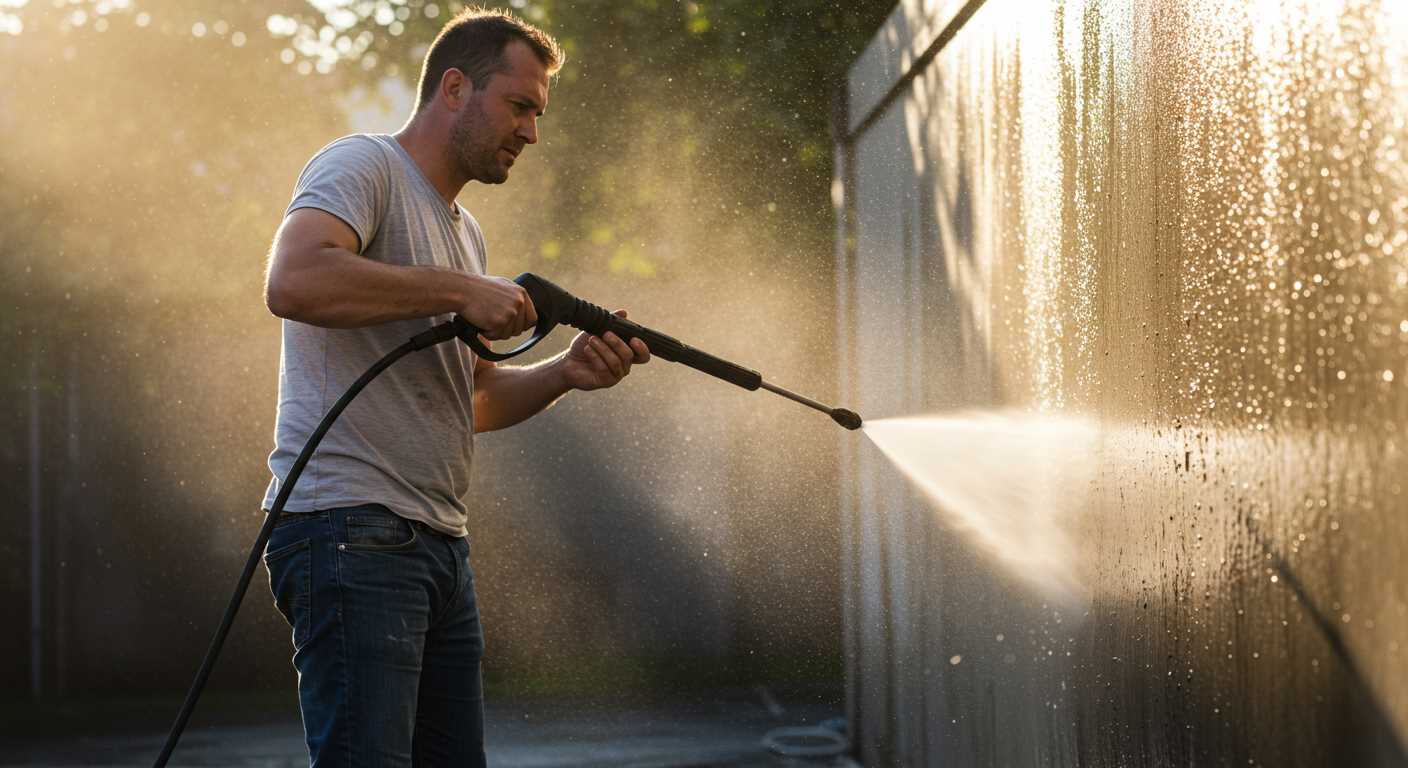
- Time-Consuming: The process demands more time compared to mechanical alternatives, particularly for larger surfaces.
- Labour-Intensive: More physical effort is needed, which may lead to fatigue, especially during larger projects.
- Variable Results: Inconsistency in application thickness may occur, affecting cleaning efficiency across different areas of the vehicle.
- Manual Dilution Challenges: Preparing optimal concentrations can be tricky; incorrect ratios may undermine effectiveness.
Evaluating these factors can help in determining whether manual methods align with cleaning goals, resources available, and individual preferences. Balancing convenience with desired results remains key.
Tips for Maximising Cleaning Results without a Pressure Washer
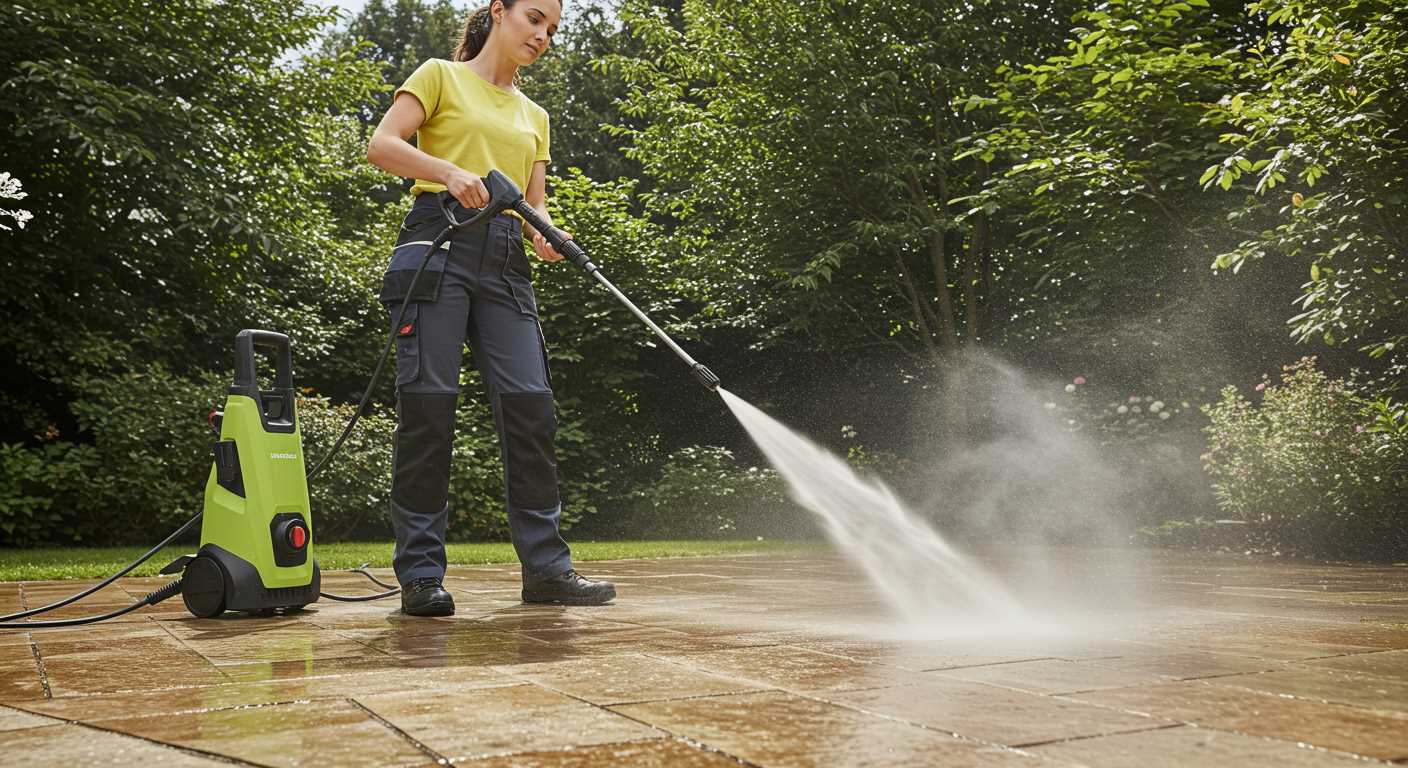
To achieve optimal cleaning results with a foaming solution sans a high-pressure device, start by selecting a product specifically designed for manual application. This type of formula will create a thick, clingy layer that adheres to surfaces, promoting effective dirt removal.
Pre-Soaking Technique
Pre-soaking surfaces before applying the cleansing agent enhances loosening of grime. Use a standard garden sprayer or bucket to wet the area thoroughly. This method prepares the surface, making the foaming agent more effective.
Application Timing
Apply the solution to the surface when temperatures are cooler, preferably in the shade. This prevents rapid drying, ensuring that the product can work effectively on stubborn stains. Allow it to dwell for the recommended time to break down contaminants.
Utilise a soft brush or sponge for agitation after application. This manual scrubbing helps lift dirt and debris, particularly in hard-to-reach spots and on textured surfaces. A gentle touch is important to avoid scratching the surface.
After cleaning, rinse with plenty of water. While a normal hose may not provide the same power as a high-pressure apparatus, using a directed spray will help remove any residual cleaner along with loosened dirt. Ensure thorough rinsing to avoid streaking.
Always test the foam on a small, inconspicuous area to check for compatibility, especially on sensitive finishes. This quick check can save time and prevent potential damage.
Regular maintenance, including a wax or sealant application post-cleaning, can aid in sustaining a clean appearance longer and makes future clean-ups less laborious.
Combining these techniques results in an efficient cleaning process, even without high-pressure equipment, ensuring satisfaction with the outcome.
Comparing Results: Snow Foam vs. Traditional Hand Wash
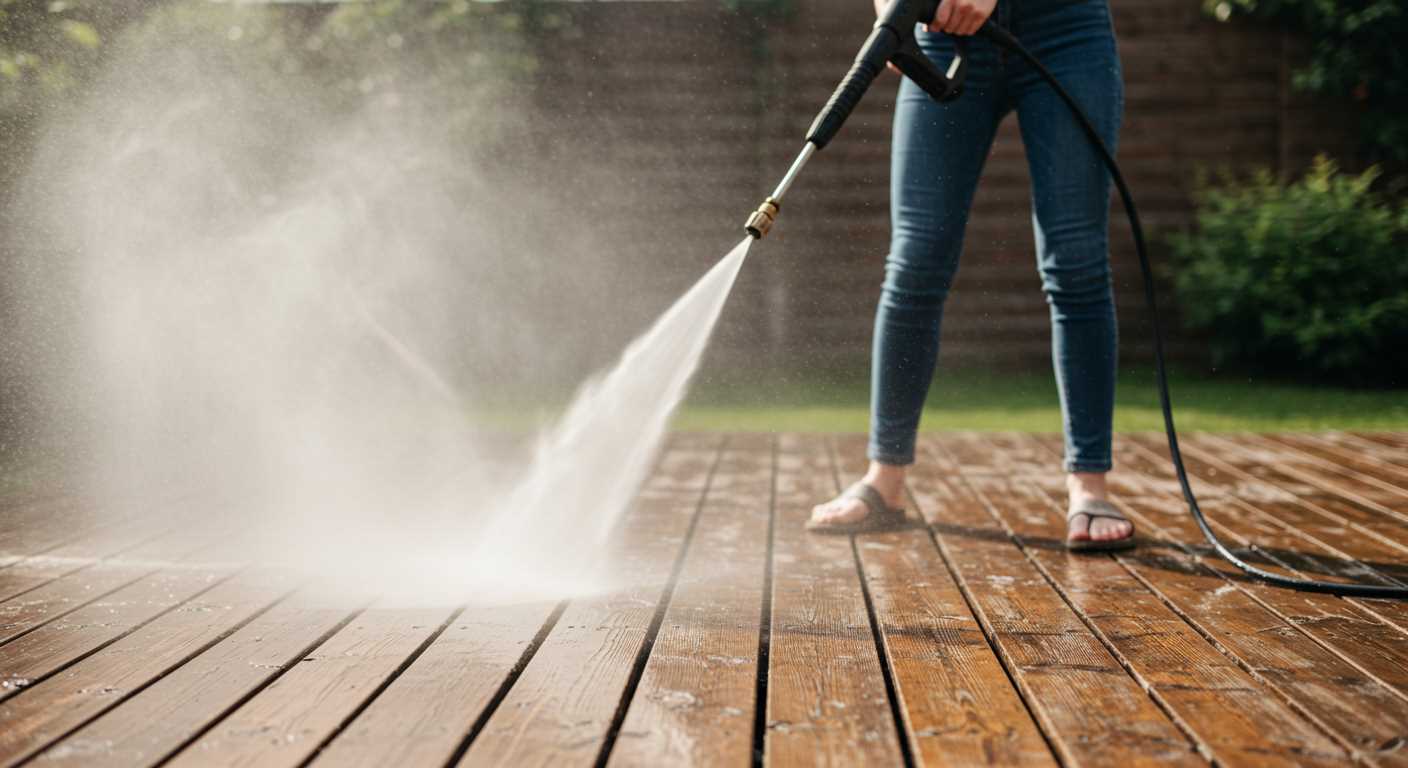
In my extensive experience with various cleaning methods, the contrast between using a thick lather and manual washing emerges clearly. Leveraging a rich cleaning foam significantly enhances dirt lifting, making it preferable for pre-wash treatment.
When comparing outcomes, the foamy method deposits a lubricating layer that separates dirt from the surface, reducing the risk of scratches. In contrast, a routine hand wash relies heavily on the friction of a cloth or mitt, which might inadvertently grind dirt into the paintwork.
The thickness of the foam aids in clinging to vertical surfaces, ensuring prolonged contact time, which optimises the cleaning process. Manual washing often requires repeated application and rinsing, leading to potential oversight of a few stubborn areas.
In terms of results:
- Foam Application: Better at encapsulating grime and debris.
- Manual Wash: Might miss residual contaminants if not done meticulously.
Regarding shine restoration, while both techniques can yield a good finish, the foam application can clear away trapped particles and enhance the lustre more effectively, especially if combined with a suitable rinse.
For those with a keen eye for detail, it’s possible to achieve almost showroom-worthy results with either technique, yet I recommend utilising the viscous cleaner for its efficiency in product use and surface safety.
Ultimately, while the conventional approach has its merits, especially for final touches and intricate work, the snow-rich method sets a solid foundation for cleaner, safer surfaces consistently.

